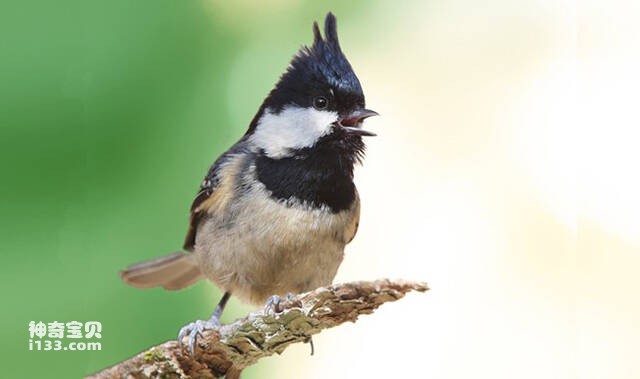The Beizi Bird is one of the important totems in the traditional culture of the Yi people in China and has profound religious and cultural significance. In the Yi area, people believe in the Beizi Bird and regard it as a god. Therefore, there are many taboos and rules about the Beizi Bird. The following are the top ten taboos of Beizi Bird:
1. It is not allowed to kill the Beizi Bird: The Beizi Bird is regarded as a god in Yi culture, so people are prohibited from hunting or harming it.
2. Do not touch the Beizi Bird: The Beizi Bird can only be touched by people with special identities and permissions, and no one can touch it at will.
3. It is not allowed to make or place Beizi Bird statues: Any form of material worship of Beizi Bird is not allowed.
4. Sacrifice to the Beizi Bird is not allowed: The Beizi Bird is considered a god and cannot be used as a sacrifice.
5. Don’t go near the beetle’s nest: Don’t get close to the beetle’s nest, and don’t rock or make any noise nearby.
6. No unauthorized entry into the habitat of the Beizi Bird: The Yi people believe that the Beizi Bird needs a quiet and comfortable environment, so their habitat cannot be disturbed without authorization.
7. It is not allowed to destroy the habitat and food ecosystem of the beetle: Any damage to the habitat and food ecosystem of the beetle is a serious violation of taboos and rules.
8. No loud noises, insults or noises are allowed: Such behavior will disturb the cockroaches and bring bad luck and misfortune.
9. You are not allowed to pick the food of the Beizi Bird: The Yi people believe that naturally occurring food should be left to the Beizi Bird to eat by itself.
10. Private purchase or collection of Beiziniao cultural relics is not allowed: Respect the cultural heritage of the Yi people and do not acquire, collect or sell Beiziniao cultural relics through illegal means.
In short, the Beizi Bird has an extremely important status and significance in Yi culture. The Yi people's belief and tradition of protecting them has formed a profound cultural custom.

animal tags:
We created this article in conjunction with AI technology, then made sure it was fact-checked and edited by a Animals Top editor.